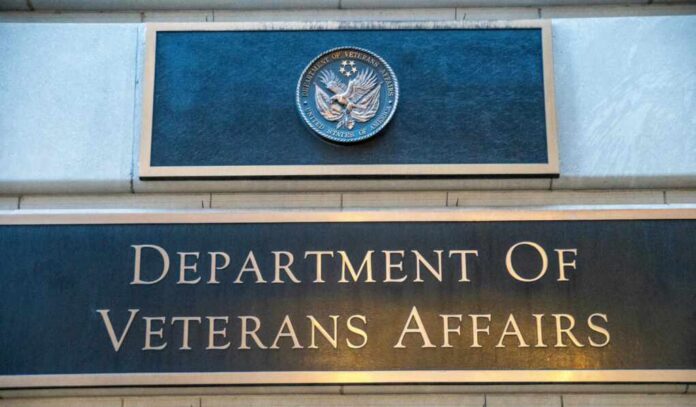
A decades-old law is forcing disabled veterans to repay billions of dollars in separation incentives before they can receive disability benefits from the Department of Veterans Affairs (VA). The 1949 law prohibits veterans from collecting both separation payouts and disability compensation, creating financial hardship for many former service members.
The rule primarily impacts veterans who took separation pay as an incentive to leave the military during periods of downsizing. If those veterans later qualify for VA disability benefits, they are required to repay the separation amount before receiving disability compensation. NBC News reports that veterans have repaid at least $2.5 billion under this policy in the past decade.
Among the veterans affected is Damon Bird, who was diagnosed with service-related bladder cancer and post-traumatic stress disorder after leaving the Army. Bird received a $74,000 separation payout, but in 2021, the VA stopped his $2,400 monthly disability payments to recoup the incentive. “It felt like I would never see the light at the end of the tunnel,” Bird said, describing the financial strain on his family.
Lawmakers and veterans’ advocates argue that the policy is outdated and unfair. In 2022, Rep. Ruben Gallego (D-AZ) introduced legislation to eliminate the recoupment requirement. While the bill has bipartisan support, it has faced delays due to concerns about the financial cost of the change.
As pressure mounts for reform, veterans and their supporters hope Congress will address the law and provide relief to those who have already given so much in service to their country.




























